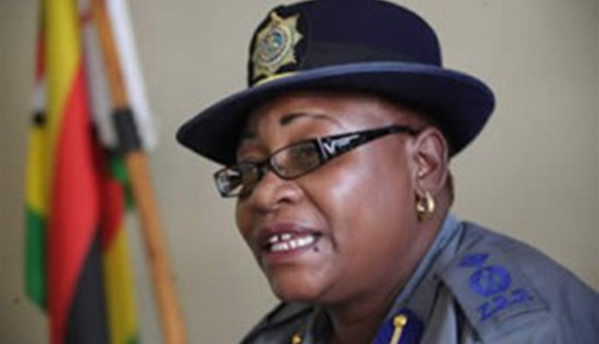ZIMTA raps corporal punishment

 Elita Chikwati and Abigail Mawonde
Elita Chikwati and Abigail Mawonde
The Zimbabwe Teachers Association (ZIMTA) has roundly criticised the use of corporal punishment in schools and instead called for non-violent ways of disciplining children.
The teachers union’s remarks come after a Constitutional Court provisional judgment in June this year that set aside a High Court order outlawing the caning of juveniles as a form of punishment.
The landmark case is also expected to determine whether or not parents are allowed at law to beat up their naughty children.
It will also settle the matter on whether or not teachers are allowed at law to discipline pupils through beating.
However, addressing journalists on the sidelines of the ZIMTA’s 34th annual national conference in Harare yesterday, the body’s national president, Mr Richard Gundane, said beating up children would make them violent even when they become adults.
“ZIMTA through its various departments and officers has noted that corporal punishment is still rife and prevalent in schools across the country.
“We are concerned that many people believe that corporal punishment is an African and Zimbabwean method of child discipline at the same time we are concerned about the number of teachers facing disciplinary charges as a result of inflicting corporal punishment,” he said.
The association called for child rearing and disciplining methods that were not cruel.
“We call for non violent ways of disciplining children and respect their physical and psychological integrity, which are more likely to set children on the path toward healthy productive and law abiding adulthood,” he said.
Mr Gundane said the association was concerned with the increase in disciplinary cases involving teachers inflicting corporal punishment.
The association encouraged teachers and child care givers in schools to use positive methods of managing and disciplining children and to refrain from the use of corporal punishment.
Earlier this year beating up a pupil for misbehaving in class proved costly to an Epworth headmistress after the victim collapsed and died during the process of administering the punishment.
Modester Rubhabha , who was acting headmistress of Domboramwari High School, was said to have severely assaulted the now deceased well knowing that he had a heart problem.
The pupil collapsed in the classroom and died three hours later.
According to sections 53 and 86 of the new Constitution corporal punishment is unconstitutional.
The conference which started yesterday and ends tomorrow (Sunday), will also discuss issues involving 1 000 teachers struck from Government pay roll and the impact of e-learning on the education sector.










Comments